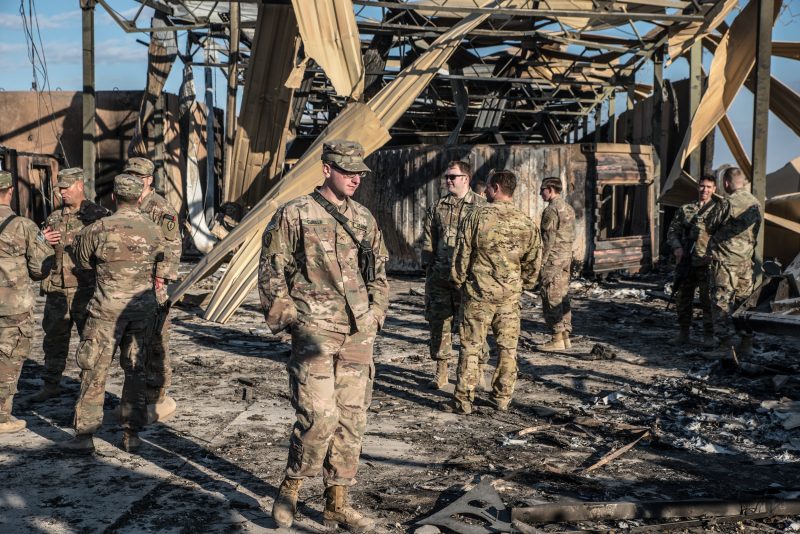In a recent turn of events, President Donald Trump has faced scrutiny for downplaying the injuries sustained by U.S. troops during the Iranian missile attack in January 2020. Despite initial reports indicating no casualties, it was later revealed that dozens of soldiers suffered traumatic brain injuries as a result of the attack.
The incident took place on January 8, 2020, when Iran launched a ballistic missile strike targeting two military bases in Iraq housing U.S. troops. The attack was retaliatory in nature following the killing of Iranian General Qasem Soleimani by a U.S. drone strike. Initially, President Trump emphasized that no American forces were harmed in the assault, stating that All is well! in a tweet shortly after the incident.
However, the Pentagon later confirmed that at least 64 U.S. service members had suffered varying degrees of traumatic brain injuries due to the missile strike. This revelation sparked a debate over the seriousness of the injuries and the way they were addressed by the Trump administration.
President Trump’s response to the injuries raised concerns among critics and veterans’ groups, who accused him of diminishing the severity of the troops’ trauma by referring to their injuries as headaches. Trump’s dismissal of the injuries as insignificant has drawn criticism from both his political opponents and military experts, who argue that traumatic brain injuries can have lasting consequences and should not be downplayed.
The controversy surrounding the handling of the U.S. troop injuries has reignited debates over the Trump administration’s transparency and accountability when it comes to military matters. Critics have called for greater recognition and support for service members who have suffered traumatic brain injuries as a result of their service, highlighting the need for improved medical care and resources for veterans.
Moving forward, it is essential for the government to take a more proactive approach in addressing and supporting service members who have been injured in the line of duty. By acknowledging the seriousness of traumatic brain injuries and providing adequate resources for those affected, the U.S. can demonstrate its commitment to the well-being of its military personnel and honor their sacrifices in service to the nation.
